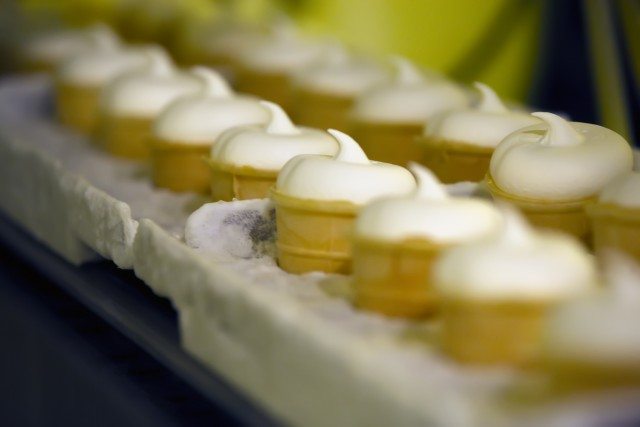Research by Cornell food scientists reveals how a person’s emotional state – particularly in the competitive, wide world of sports – affects the perception of taste.
In particular, people in negative emotional states tend to crave sweets more than those in a positive frame of mind.
“We determined how emotions arising from the outcome of college hockey games influenced the perception of sweet, salty, bitter, sour and umami (savory) taste, … in addition to hedonic responses – or how much they liked or disliked the foods,” said Robin Dando, assistant professor of food science in the College of Agriculture and Life Sciences.
Dando, who with Corinna Noel, a doctoral student in food science, published The Effect of Emotional State on Taste Perception in the journal Appetite, June 27.
“Emotional manipulations in the form of pleasantly or unpleasantly perceived real-life events can influence the perception of taste, driving the acceptability of foods,” said Dando.
“These results imply that such modulation of taste perception could promote emotional eating in times of negative emotion.”
The study shows that emotions experienced in everyday life can alter the hedonic experience of less-palatable food, implying a link to emotional eating, according to the researchers.
“In times of negative affect, foods of a less pleasurable nature become even more unappealing to taste, as more hedonically pleasing foods remain pleasurable,” said Dando.
“This is why when the team wins, we’re okay with our regular routine foods, but when they lose, we’ll be reaching for the ice cream.”










